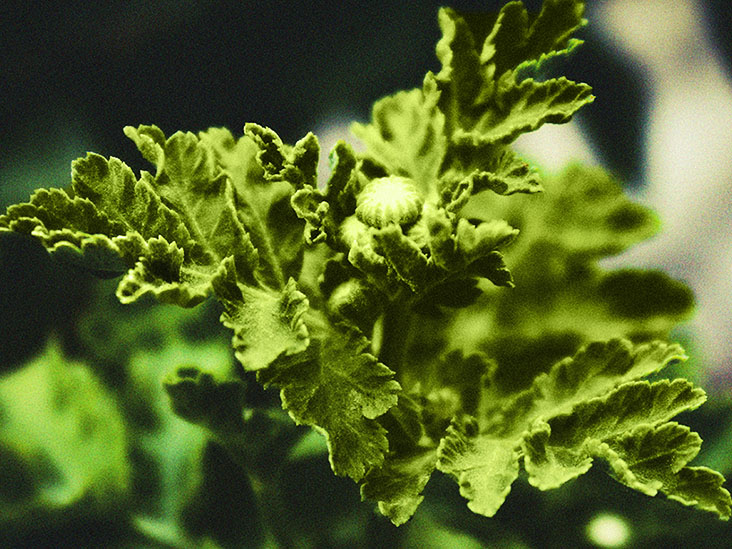Chemotherapy, the main treatment for acute myeloid leukemia (AML), may cause unpleasant side effects. For this reason, some people with AML research natural treatments.
AML is one of the most aggressive forms of leukemia and the
In this article, we discuss the potential natural treatments for AML that people can try alongside chemotherapy. We also examine other nonchemotherapy treatment options and support for people with AML.
There are no natural treatment options for AML that are more effective than chemotherapy.
Some studies suggest that natural remedies may slow cancer growth or kill cancer cells. However, this research is preliminary and, in most cases, the researchers have examined cancer in a lab setting, rather than in the human body.
Using natural therapies alongside medical treatment can sometimes provide relief from symptoms, or improve a person’s quality of life during treatment.
However, It is essential to discuss natural or complementary therapies with an oncologist before trying them. This is to ensure that they do not interfere with any other treatment a person is receiving.
Traditional medicine practitioners and herbalists use plants and other natural remedies to treat various symptoms, including those associated with cancer. There is no conclusive evidence that plants can cure AML. However, research into potential health-related uses for plants continues.
Some potentially helpful plants include:
Euphorbia formosana is a cactus-like plant that practitioners use in herbal medicine. No recent research has tested its use against AML.
However, a 2013 study suggests some benefits. In a lab setting, the study found that the extract from the plant root was effective at slowing or stopping the growth of leukemia cells.
Avocatin B, a lipid in avocados, may slow leukemia growth, according to a 2017 paper reviewing prior research. In a lab setting, avocatin B induced the death of AML cells.
In a 2016 study of AML cancer cells, researchers found that avocatin B could increase induction chemotherapy drugs’ effectiveness.
Research suggests that a chemical in the feverfew plant called parthenolide may kill leukemia cells. However, these studies have primarily looked at feverfew in a lab setting, not a human body, and most research on the topic is dated.
For example, an older 2005 study suggests that parthenolide could destroy AML cells, but not normal blood cells. This study took place in a laboratory, and did not involve human test subjects.
A more recent study from 2017 found that modified forms of parthenolide could kill AML more effectively than unmodified parthenolide. Again, this study observed cells in a lab setting.
Acupuncture draws on traditional Chinese medicine (TCM) principles, targeting specific points on the body to redirect the flow of energy. TCM also uses herbal remedies to improve health. Practitioners have used it for thousands of years to treat a variety of disorders.
A
Some research suggests that acupuncture may improve symptoms of AML. For example, a 2019 study of 60 people with AML who had stem cell transplants found that those who undergo acupuncture require less pain relief medication than those who did fake acupuncture.
The study did not find that acupuncture cures AML. However, it does suggest it might improve quality of life.
In general, there is no evidence to suggest that changing a person’s diet can offer additional protection from AML. Instead, people should follow safe food-handling guidelines such as washing contaminated surfaces to reduce the risk of foodborne infections.
According to the Leukemia & Lymphoma Society, some healthcare professionals recommend a neutropenic diet to help people with neutropenia or who are at risk of developing it. Neutropenia is a condition where a person has low levels of a specific type of white blood cell, in turn making the person more susceptible to infection.
This diet involves:
Certain lifestyle changes may reduce the risk of cancer recurrence. Smoking is an AML risk factor, so quitting smoking could
Exercise can improve overall health and may therefore ease some symptoms of AML. A
Complementary therapies are approaches people use in addition to medical treatments, while alternative medicine aims to replace medical treatment. Science does not support the use of alternative medicine to treat cancer.
Avoiding medical treatment may shorten a person’s life and prolong their suffering, especially if they avoid all medical treatment, including palliative care.
People who wish to stop trying life-prolonging treatments such as chemotherapy may elect to try alternative therapies.
However, they should consult a doctor about medications that may reduce pain, even if they wish to avoid chemotherapy. For example, a person might try acupuncture and avoid chemotherapy while still taking pain medication.
Complementary therapy is the safest natural treatment option since it complements rather than replaces proven treatments.
Chemotherapy is not the only treatment option for AML. Instead of chemotherapy, doctors may recommend one or more of the following:
People who think they may have AML, leukemia, or any other severe disease should see a doctor as soon as possible. It is impossible to diagnose AML based on symptoms alone. A person should also see a doctor if:
AML can be a devastating diagnosis. Many oncologists and the hospitals where they work offer local support groups. A person may also find it helpful to speak with a therapist who specializes in serious and terminal diagnoses.
People can use strategies to get adequate support, such as:
Living with AML can be difficult, especially if the outlook is poor or uncertain. While natural and complementary remedies may strengthen the body and reduce side effects, they are not an alternative to mainstream treatments.
People who wish to quit chemotherapy may find some relief from choosing natural remedies. However, they should be mindful that these remedies are not scientifically proven to treat cancer. A person has a right to choose the treatment that works for them but must know its effectiveness.
An oncologist can help with comparing treatment options and deciding when and whether to stop chemotherapy.
Last medically reviewed on October 18, 2021
OUR BRANDS
